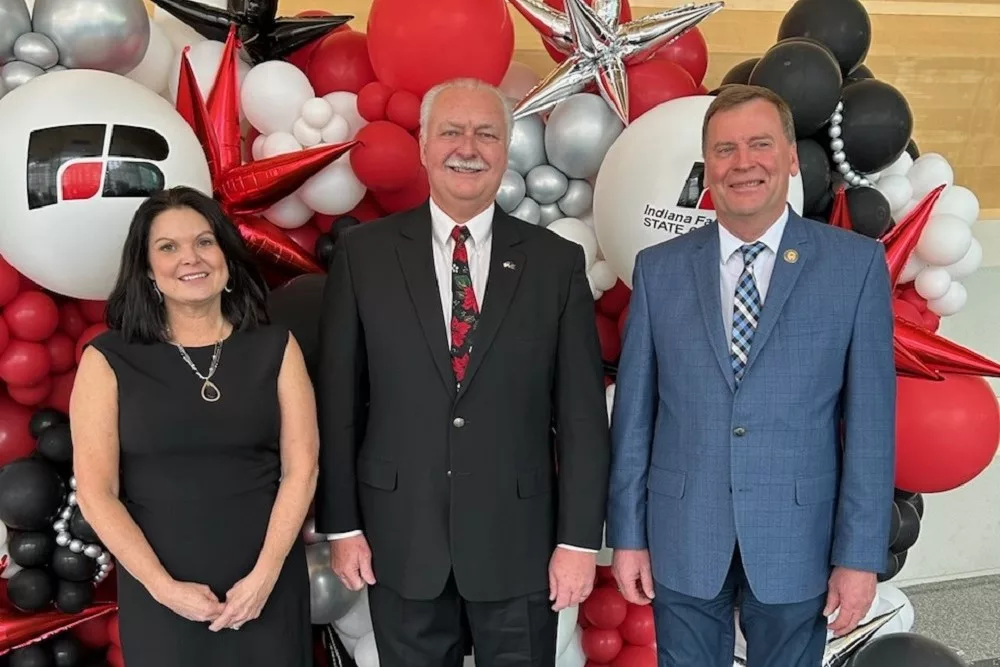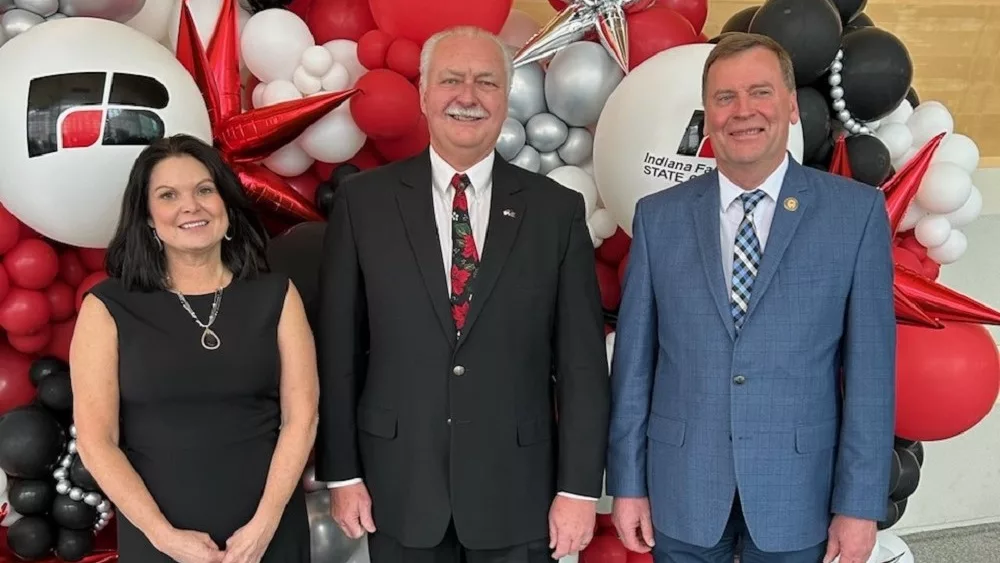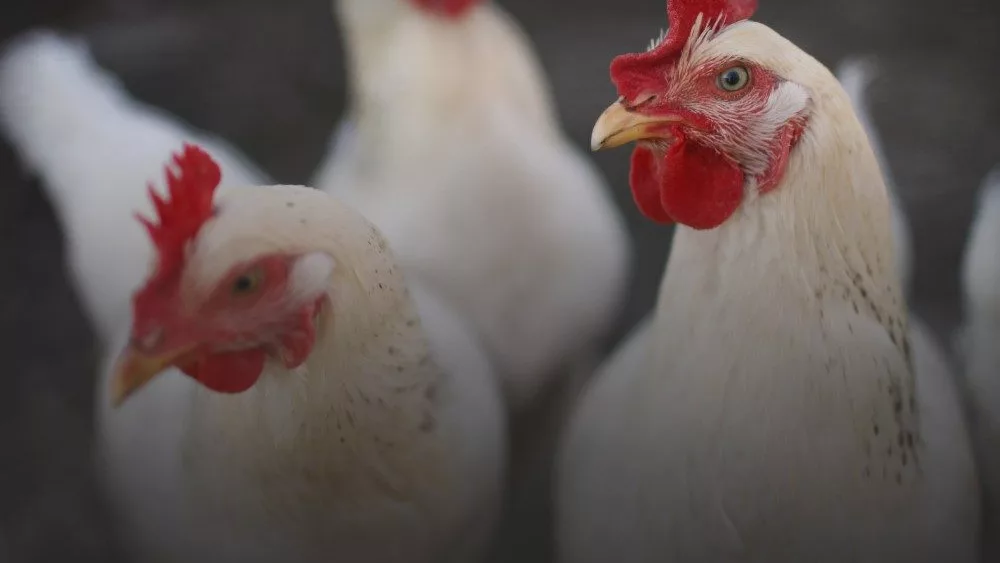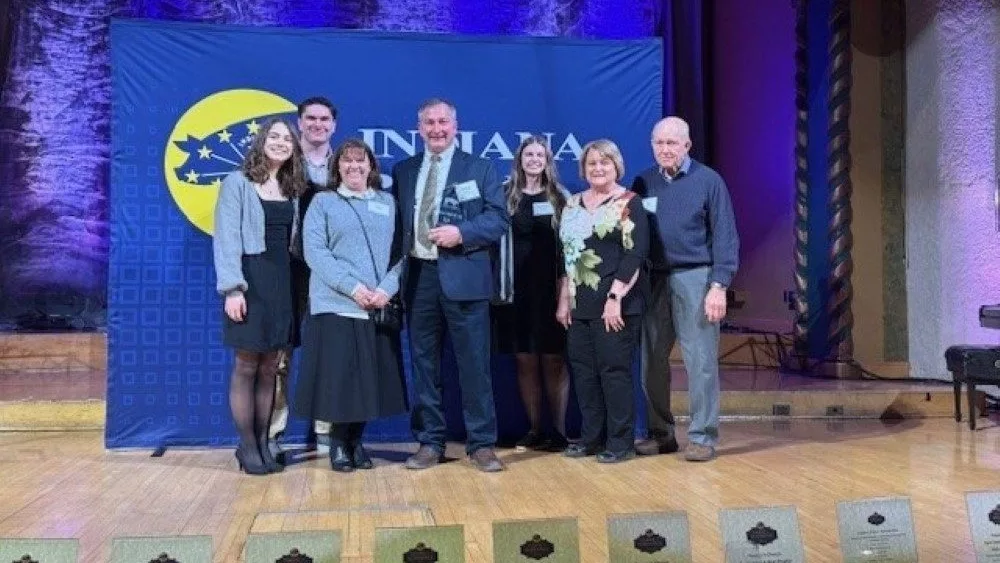
Indiana Farm Bureau (INFB) has announced its priorities for the 2025 legislative session. This year, the main priorities focus on protecting Indiana farms and rural communities by digging deep into issues, such as property taxes and water rights, which will have a lasting impact on Hoosier farmers’ ability to farm and protect food security.
“This legislative session is very important to agriculture, an essential industry that contributes an estimated $35.1 billion to the state’s economy,” said INFB President Randy Kron. “When the General Assembly considers policies this year, it will be important for them to think through what will keep agriculture prospering. Food security is national security — our priorities protect farms and rural communities to ultimately ensure safe, affordable food not just for Hoosiers but for people all over the world.”
The priorities identified by INFB include the following two general topics:
Taxation
The consistent increase of farmland tax burdens directly impacts producers’ bottom lines. Last session, INFB had conversations with legislators about farmland taxes, which will continue into this session to safeguard a manageable and predictable tax system. This includes a modernization of farmland taxation, realigning tax burdens based on the demand for services and ability to pay, and reducing the reliance on property tax with effective controls and income taxes.
Farmland property taxes have been escalating rapidly over the last few years. In 2023, the base rate rose 17%, followed by another jump in 2024 of 26.4% and a projected jump of 20% next year, according to the Indiana Department of Local Government Finance. The United States Department of Agriculture also predicts net farm income is set to decline nearly 25% in two years, with substantial losses in crop receipts and continued pressure from rising costs, making it difficult for farmers just to break even.
Water Rights
INFB will work to ensure the accessibility of water, a crucial resource in producing the food, fuel and fiber our nation relies upon, by advocating for expanded groundwater protection rights to proactively safeguard agriculture operations and farmers’ investments in producing food. This includes adding language that protects agriculture from potential negative impacts from water withdrawals by other industries. Additionally, INFB will advocate for the implementation of a statewide, dedicated groundwater well monitoring network to inventory the current groundwater supply in the state.
“We are advocating for an increased protection of agriculture’s right to water resources, not just farmers’ rights, which broadens protection beyond just irrigation to livestock, food processing industries and others.” said Andy Tauer, INFB executive director of public policy. “Farmers are more efficient and effective on fewer acres than ever before. Water accessibility is critical to protect investments made by production agriculture and ag/food manufacturing to continue to fuel the future of our state.”
INFB’s policy priorities are created from the ground up, beginning with each county Farm Bureau. All counties have the opportunity to make policy suggestions for the upcoming year. Then the recommendations are brought before a resolutions committee to be considered before they reach the INFB delegate session, which was held on Aug. 17 and consisted of 233 member representatives. After the delegate session, the INFB board of directors identified the key issues INFB members and staff will focus on at the Statehouse.
Additionally, to enhance the outcomes for agriculture in emerging policy discussions and legislative debates, INFB created internal task forces for both tax and water issues last year.
“Neither of these policy priorities is new to INFB or Hoosier farmers,” continued Tauer. “INFB formed tax and water task forces with members and subject matter experts who dug deeper into these specific issues that farmers are dealing with daily. Those discussions helped inform the priorities we will be advocating for at the Indiana Statehouse.”
INFB leaders and staff will meet with legislators to discuss the organization’s policy priorities for the upcoming 2025 legislative session at their annual Organization Day Breakfast held at the Statehouse on Tuesday, Nov. 19. When the 2025 session of the Indiana General Assembly begins in January, INFB members will also visit with their legislators to advocate for this year’s policy positions.
For more information on INFB’s legislative priorities, visit infb.org/statepriorities.
CLICK BELOW to hear Indiana Farm Bureau Vice President Kendell Culp and Executive Director of Public Policy Andy Tauer discuss property taxes during the Indiana Ag Policy Podcast hosted by Eric Pfeiffer.
Source: Indiana Farm Bureau





